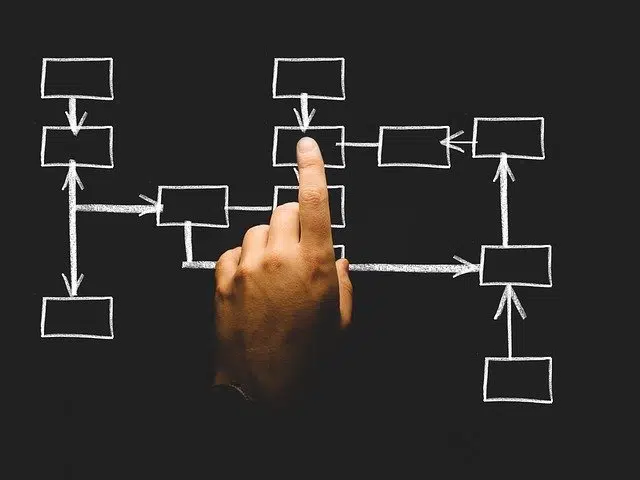
Organizational psychology analyzes how individuals behave in an organization.
Psychology is the science that studies the affective, behavioral and cognitive processes that take place in the mind and that affect the behavior of human beings and animals.
Organizational , for its part, is an adjective that is not part of the dictionary of the Royal Spanish Academy (RAE) but is usually used to name what is related to organizations (entities or systems whose members interact with each other in pursuit of an objective in common).
These ideas allow us to explain what organizational psychology is. It is the discipline or branch of psychology aimed at the study of the behavior of people within an organization .
Objective of organizational psychology
This means that organizational psychology analyzes how an individual behaves in an organization , which may be a company , a club or another type of entity. Thanks to this type of studies, problems that affect a personal and/or group level can be detected, improving the performance of the organization in question.
Organizational psychology is very important in the workplace. By understanding how a company works and taking into account the performance of each employee, improvements can be promoted that benefit the whole .
The objective of psychologists specialized in this branch is to know how an individual affects the rest and the organization in general, and how this affects the behavior of each individual. By acting on these interrelationships, it is possible to optimize different variables for the benefit of people and the organization.

Organizational psychology can help improve teamwork .
Functions in a company
Within a company, the organizational psychologist fulfills many tasks and functions, among which are the following:
* organize, direct and plan all human activities carried out in the organization, as well as the relationships between different workers, and this includes the responsibility of admitting, evaluating, compensating and dealing with the development of the workforce;
* When a problem arises that may threaten the work environment and, consequently, the development of the company, organizational psychology must act through the application of its own behavioral and cognitive skills to find a solution . To do this, it is based on observation, description, analysis and diagnosis of problems in interpersonal relationships;
* before conflicts appear, you must be attentive to any negative signs to prevent them through different procedures, such as personal interviews, surveys or questionnaires that allow employees to express their concerns and suggest improvements;
* Outside of problems between people, organizational psychology must also detect any factor that negatively influences the performance of workers and alert superiors if it believes it is necessary to carry out certain changes to ensure the achievement of the company's objectives;
* The image of the company is another aspect that depends in part on the organizational psychologist, since it is closely linked to the human component. For this reason, you must also be responsible for observing and analyzing all factors that may affect public perception and suggesting relevant strategies ;
* Physical health is as relevant to organizational psychology as psychological health, since both are related and depend on the other. This entails the responsibility of pointing out any anomaly in the machinery or the structure of the building, among other elements of the organization, that may affect the integrity of the workers;
* In addition to dealing with the internal reality of the company, it must ensure that consumers obtain the products and services they want, through qualitative studies and proposals focused on improving communication with the public.
